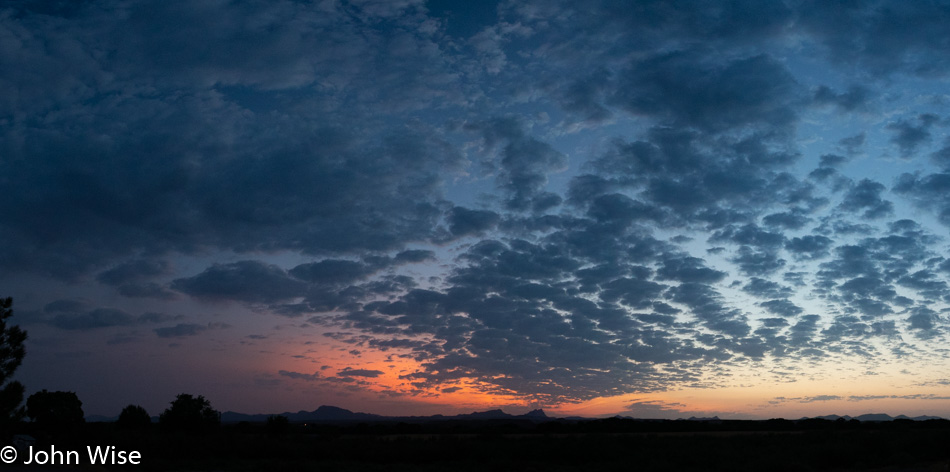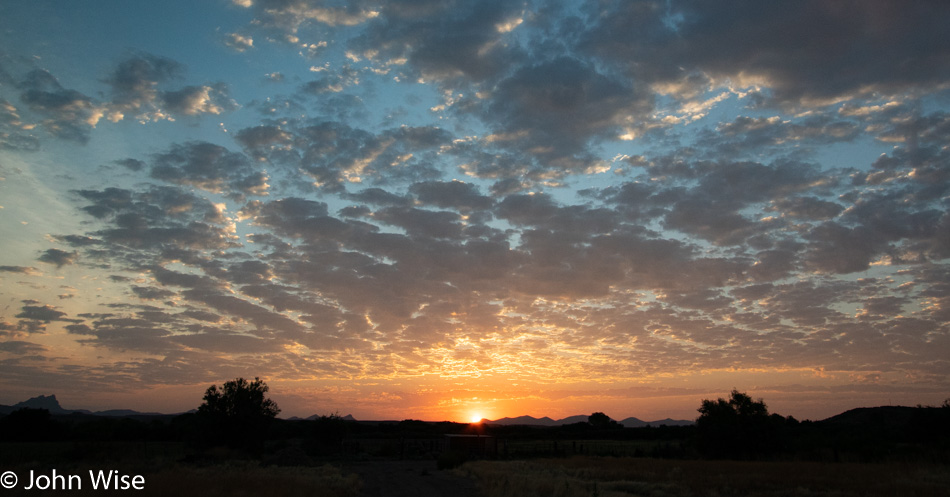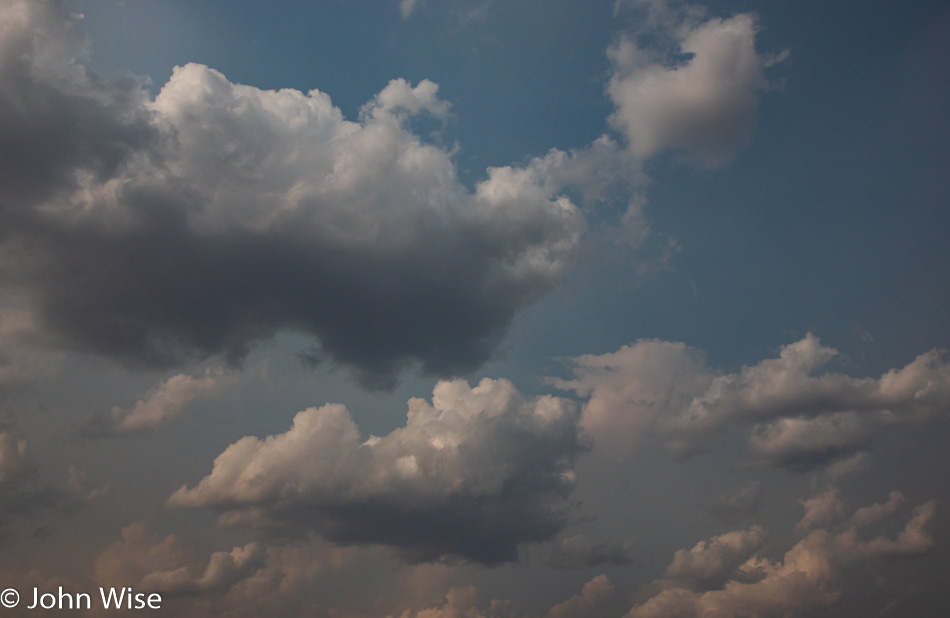
While certainly a cliche, love is the bridge to happily getting by and finding peace within ourselves, while anger, hatred, along with rage are the keys to bitterness, alcoholism, and self-destruction. Finding yourself and discovering opportunities when deeply in love offers better odds than the universe showing you a way forward.
Negativity plays a large role in our need to amass weapons and other tools of harm, so we have pathways to channel our rage against enemies and uncertainty. Institutional abuse of our fear is an ugly contradiction to the religious movements that ask people to love thy neighbor, which makes the malignment of love a very unchristian way of thinking.
How is it that we are in such a dichotomy where a majority of Americans profess to love and believe in God and yet remain vigilant in their fear of the unknown and what lies ahead? How do we build bridges to love while not conceding weakness as a perception of where love takes people?
When we embrace change we are accepting that love must play a role, for we must give in to faith, which is the very basic premise of Christianity. Without love, there cannot be change. Look at infants and children and their ability to find confidence and learn; it is the loving relationship between them and their parents that is the cornerstone of their well-being. When Jesus asked people to believe in his Father, he was asking them to take an extraordinary leap of faith out of darkness, ignorance, and obscurity so humanity might start the long struggle to improve itself. Nowhere in any book of God does it tell people to drink all the wine and shoot heroin before picking up an automatic weapon and killing as many heathens as they can. Where is the section that says, “Self-loathing is next to godliness”?

Putting ourselves in a situation of uncertainty, where failure has been conditioned into us as being on the losing end of life, is not a prescription to desire to do and learn new things. We have to break that tired trope that is hurting the backbone of America. We must embrace what is difficult in order to find the strength to love ourselves and to cultivate that to an abundance where we have enough to share.
Sometimes, it’s easier to find our vulnerability when we attempt acts of creativity, be it when we attempt to write, paint, sculpt, make music, or adopt other new skills such as woodworking or growing a garden. When working to develop our own innate skills, we are, in effect, putting self-love at the forefront of our ambition. When we doubt ourselves and those around us, we begin to resent not only them but ourselves, too.
How do you love yourself in the anger of failure? You don’t, is the simple answer, but the larger question is, how did we come to this act of self-sabotage where personal failure is likely to trigger self-loathing? The incessant war drum of the need to win in every endeavor has created an unreachable paradigm where being first is the only worthy accomplishment.
When we travel to places that might otherwise appear to be dead-center in the middle of nowhere or even when people head into otherwise historic or beautiful locations but fail to find the extraordinary, what is missing? It is likely the absence of real love. People who muster that internal dialog, who can be present and appreciate the nuance and intrinsic values of a place from a perspective of love, can transform a place of nowhere into a romanticized fantasy worthy of the greatest poetic words and songs that bring the brave to weeping.
Somewhere along the path, though, we have come to find love as something offensive. This emotion and appreciation that should be in abundance, ends up being so rare that it escapes my ability to comprehend just why love is so toxic.

I know many would disagree to equate love with something toxic, but how then do we explain why it’s in such short supply? And please do not tell me how you love your children, your dog, your family, your spouse, and your god. It is your lack of love for difference, adversity, weakness, and simple human failure that evaporates community, culture, and universal love that is being treated as a marginal poison.
Nor should you conflate that my sense of love springs from a Christian ethos; it comes from the recognition of how much richer and magnificent my life is when I’m with the person I love and how a smile from her can remove the overcast sky that would otherwise cast a pallor over me and another potentially amazing moment exploring our world together.
Sadly, I have to leave the comfort of my relationship in order to find the tension that allows me the space to try to discover why I am so content. Comfort breeds a kind of laziness where it’s easy to take for granted this most precious thing called love that, in moments together, arrives in absolute abundance.
So here I am, over 200 miles from home, with four hours between us and a commitment to stay where I am for five days. I feel that I have no choice if I’m to find what I’m looking for out here, and so I commit to exploring what is not immediately in front of me. As for what exactly I’m looking for, I still don’t know.
It’s a sad and tragic logic that by fostering environments of failure and isolation, they should become key ingredients to forming the character of a person in order to develop hate and self-loathing just so that they may do our bidding in war, dangerous jobs, and the ugliest of tasks that people with opportunity, bright futures, and the chance for love could not bring themselves to do.
Positive environments and the appearance of love are not guarantees of a person’s security and self-confidence. I’m well aware of plenty of examples of that to be true but I can’t believe that growing up in torment is a key to happiness.

In my attempt to commit this to paper or to the screen I feel that I can already sense the desire to shame me for this simplistic look at such an allegedly easy path to happiness. We need not emasculate ourselves or our culture as when there are two healthy sides of our nature instead of one dominating angry nature that will only be satisfied with destruction and self-destruction, we can start to repair our slide into mental illness.
There is an underlying masochistic need to my writing: to reacquaint myself with my own uncertainty, because I fear that what I commit to from out of my head will not be worthwhile, yet also opening me to the ridicule of failure. I persevere because further down the road, when I return to these musings, I not only sense where I’ve grown and progressed in trying to craft something meaningful to me, but I appreciate my own honesty in trying to share potential insights that highlight a time in my life so that others, who have not gotten here yet might read them, allowing me to serve as a shortcut to their own awareness.
And then there’s music. While nature’s tune is another bridge to the senses of those in love with its beauty, it is the melody created by people that becomes the path to moments in life where, hopefully, more than a few notes linger on the heartstrings of those affected by the passions. Today, on a drive to nowhere in particular, I brought up some music familiar to Caroline and me and found it clawing at my sense of missing her. Colors, shapes, weather, nor plants trigger my senses quite like a smile or a song. How music’s poetry can drive our emotions to well up, and pathos to spill out is part of the magic in which this amorphous thing called love has meanings that transcend gruff exteriors and callused feelings. Maybe what’s missing in my writing is the melody and poetry of the song as I beat my drum with the force of a hammer.